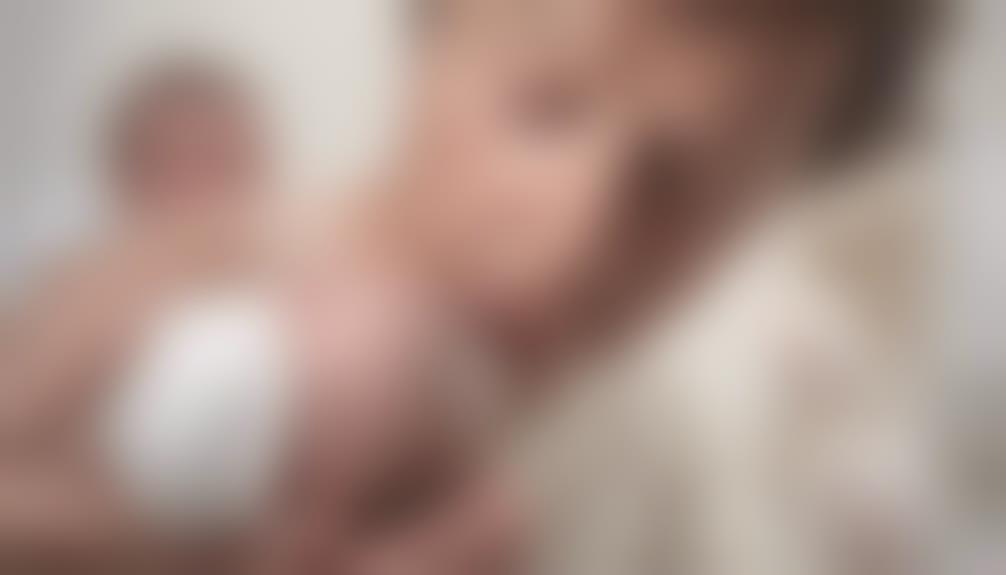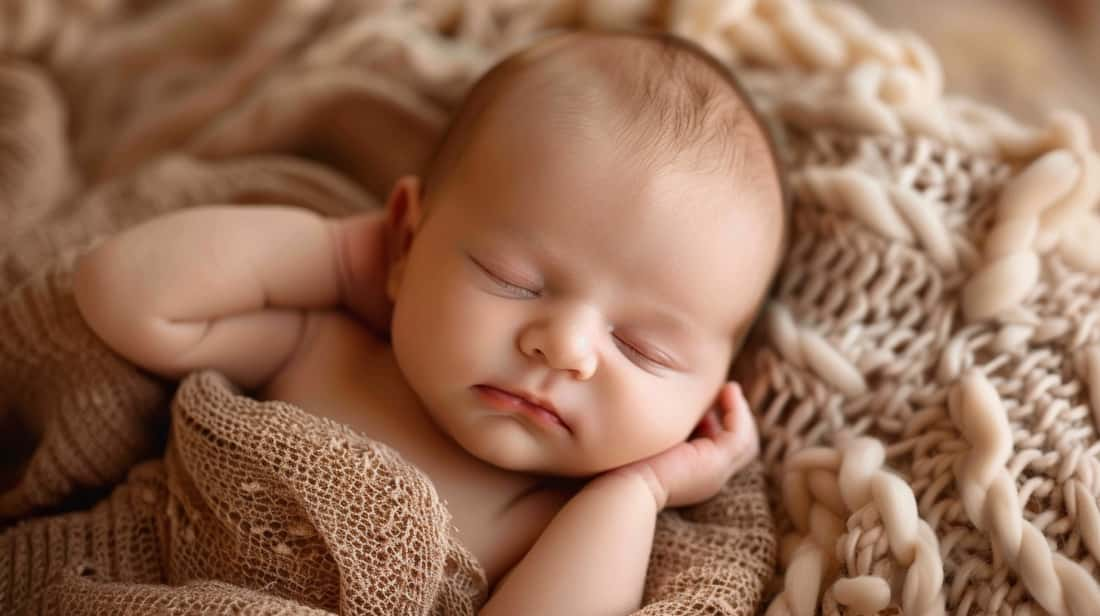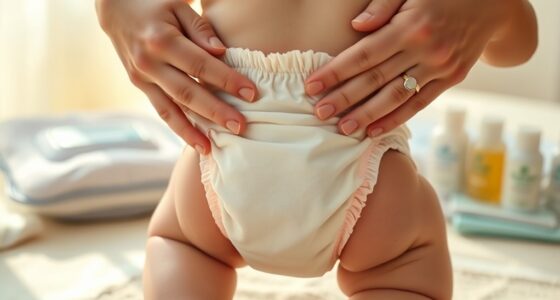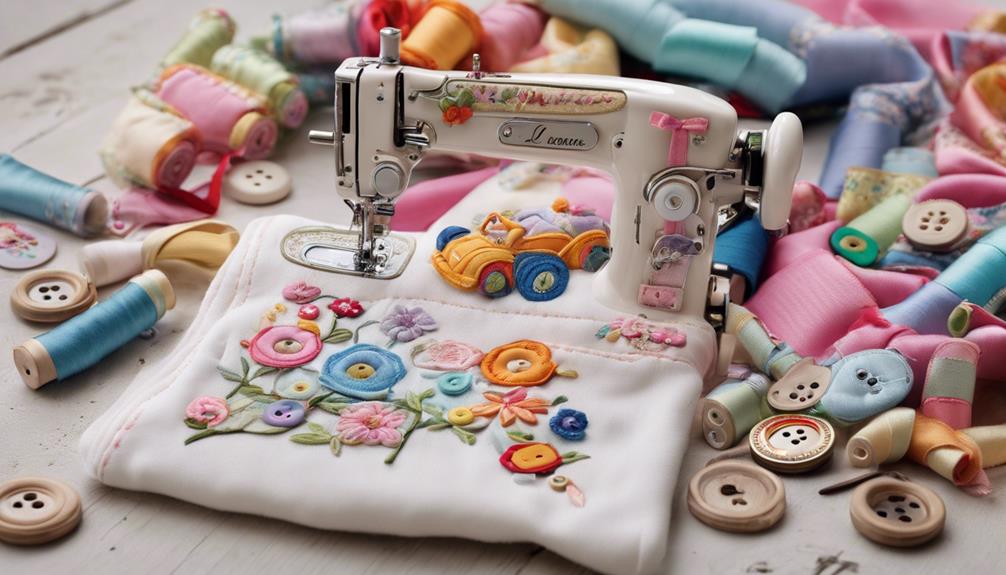As new parents, we were taken aback when our newborn started having bubbly poop shortly after birth. The sight of it in the diaper left us wondering about the possible causes. Understanding why this was happening became essential for ensuring our baby's well-being.
From digestive system immaturity to potential food allergies, the factors contributing to bubbly poop in newborns are multifaceted and require careful consideration. So, what exactly triggers this bubbly phenomenon in their diapers, and what steps can be taken to address it effectively? Let's explore the possible reasons behind this common yet puzzling occurrence.
Key Takeaways
- Newborn bubbly poop stems from digestive system immaturity and excess gas accumulation.
- Overfeeding or incorrect feeding techniques can also result in bubbly stool.
- Food allergies, viral or bacterial infections, and antibiotic use may contribute to bubbly poop.
- Seeking medical guidance is crucial for diagnosing and addressing the underlying cause of bubbly poop in newborns.
Digestive System Immaturity
Newborns often experience bubbly poop due to their underdeveloped digestive systems, which can lead to the accumulation of excess gas. The immature digestive system in newborns results in inefficient digestion, causing bubbles in the stool. This occurrence is common as newborns adapt to processing breast milk or formula.
Bubbly poop is influenced by the introduction of air during feeding and the natural digestive processes. While bubbles in newborn poop might raise concern for some parents, it's typically a normal part of their early digestive system function. The presence of excess gas and bubbles is a common occurrence that tends to resolve as the digestive system matures.
Understanding the role of immature digestive systems in creating bubbly poop can offer reassurance to caregivers handling the intricacies of newborn care. It's essential to remember that this phase is a natural part of a newborn's digestive development.
Overfeeding or Incorrect Feeding

In cases of overfeeding or incorrect feeding, caregivers must be vigilant to prevent newborns from developing bubbly poop. Overfeeding, whether with formula or breast milk, can lead to bubbly poop in newborns. Similarly, improper feeding techniques like incorrect latching or using the wrong nipple size on a bottle may also result in bubbly stool. Excessive air intake during feeding can introduce bubbles into the digestive system, causing gas and bubbles in the stool. To mitigate these issues, ensuring proper feeding positions and techniques is essential. Seeking guidance from a lactation consultant or pediatrician can provide valuable insights into optimal feeding practices. By being mindful of overfeeding, using the correct feeding methods, and addressing excessive air intake, caregivers can help prevent bubbly poop in newborns.
| Feeding Issue | Description | Prevention/Treatment |
|---|---|---|
| Incorrect latching | Poor attachment during breastfeeding leading to inefficient feeding. | Seek assistance from a lactation consultant to help with proper latching techniques. |
| Wrong nipple size | Using a bottle nipple that is too small or too large for the newborn's needs. | Select the appropriate nipple size based on the baby's age and feeding preferences. |
| Excessive air intake | Baby ingests too much air while feeding, causing gas and bubbles in the stool. | Burp the baby frequently during feeding and ensure a proper latch to minimize air intake. |
Food Allergies or Sensitivities
As we explore the topic of food allergies or sensitivities in newborns, it's important to understand how certain dietary factors can contribute to the presence of bubbly poop.
Food allergies, such as cow's milk protein allergy, can lead to bubbly stool in newborns. Whether breastfed or formula-fed, infants can experience allergic reactions to specific allergens present in their diet. Symptoms like fussiness, rash, vomiting, and bubbly poop may indicate an immune response to these allergens.
In breastfed babies, common allergens like cow's milk protein, soy, wheat, or eggs in the mother's diet can trigger such reactions. Formula-fed infants may develop bubbly poop due to allergies to ingredients in the formula.
It's important to consult a healthcare provider to identify the allergen causing these symptoms and determine the necessary dietary adjustments or treatments. Recognizing and addressing food allergies or sensitivities early can help ensure the newborn's health and well-being.
Viral or Bacterial Infections

Viral or bacterial infections impacting the digestive system can be a significant factor contributing to the presence of bubbly poop in infants. When newborns experience such infections, their poop may appear foamy and bubbly due to the disruption these pathogens cause in the gastrointestinal tract.
Some specific viruses like rotavirus and norovirus are notorious for causing gastrointestinal issues in newborns, leading to bubbly stools. Additionally, bacterial infections such as E. coli or Salmonella can also play a role in the development of bubbly poop in newborns.
It's important to be vigilant and seek medical advice if you notice bubbly poop in a newborn, as these infections can be harmful if left untreated. Consulting a healthcare provider will help determine the underlying cause and appropriate treatment to ensure the well-being of the infant.
Antibiotic Use
Antibiotic use in newborns can disrupt the balance of beneficial bacteria in the gut, potentially leading to bubbly or foamy poop. When newborns receive antibiotics, it can affect their gut flora, causing changes in stool consistency and increased gas production. This disruption in the beneficial bacteria within the digestive system may manifest as bubbles or foam in the baby's poop. It's important to be aware that antibiotics can have such effects on newborns' digestive systems, resulting in frothy or bubbly poop as a side effect.
If you observe persistent bubbly poop in a newborn following antibiotic treatment, it's vital to consult a healthcare provider. They can address any concerns you may have and provide guidance on how to manage the situation effectively. Monitoring the baby's stool patterns and discussing any changes with a healthcare professional can help ensure the newborn's digestive health and overall well-being are properly looked after.
Frequently Asked Questions
Why Is My Newborn's Poop Bubbly?
We notice bubbly poop in newborns due to factors like excess gas or feeding imbalances. Consulting a healthcare provider and monitoring feeding habits can help pinpoint the cause and manage bubbly stools effectively for the baby's well-being.
What Does Bubbling Poop Mean?
Bubbling poop in newborns could signal excess gas or air in the digestive system. It may indicate a temporary imbalance in gut bacteria or air swallowing while feeding. Typically harmless, it resolves as the baby's system matures.
What Does Frothy Baby Poop Look Like?
Frothy baby poop appears airy, resembling foam or bubbles. It might have a greenish hue from excessive foremilk. Mucus in it can signal digestive issues or allergies. Monitoring its frequency helps spot feeding or health concerns early.
What Does Unhealthy Newborn Poop Look Like?
Unhealthy newborn poop can present in various ways, such as being frothy or bubbly. This may signal digestion or feeding issues. Observing these characteristics and noting accompanying symptoms is essential for healthcare providers to pinpoint potential causes.
Conclusion
Just as bubbles rise to the surface, newborn bubbly poop can signal underlying digestive issues in babies. By understanding the potential causes such as digestive system immaturity, overfeeding, allergies, infections, or antibiotic use, parents can take proactive steps to address these concerns.
Like bubbles bursting and dissipating, with proper guidance and support, newborns can overcome these challenges and thrive. Remember, a little bubble of knowledge can go a long way in caring for your little one.









